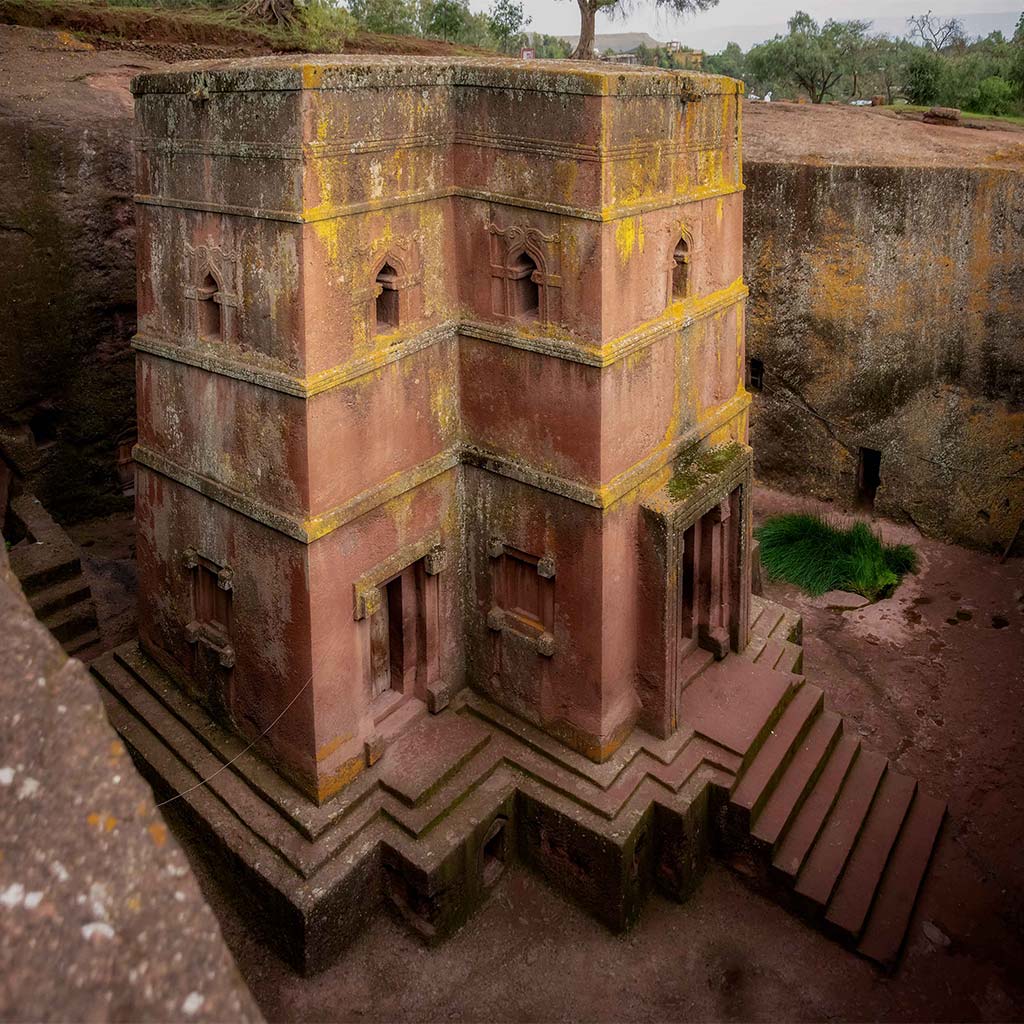Ancient Celestial Calculator
Astronomical Timepiece Discovered
In 1900, off the Greek Island of Antikythera, an ancient timepiece dated from 250 B.C. was discovered in the ruins of a shipwreck. This artifact, called the Antikythera mechanism, is the most sophisticated mechanism known from the ancient world. Found housed in a wooden box, the device is a complex clockwork mechanism composed of at least 30 meshing bronze gears.
The artifact is an ancient celestial calculator or analog computer. It was designed to predict astronomical positions and eclipses for calendar and astrological purposes, operated through a system of differential gearing. The full extent of the instrument’s functions still remains unknown.
Advanced Technology
What’s truly fascinating about the Antikythera mechanism is technological artifacts approaching its complexity and workmanship did not appear again until the development of mechanical astronomical clocks in Europe in the fourteenth century. The sophistication of its technology shouldn’t have been known during this time period, leading many to believe it came from a pre-flood culture.
In fact, its technology is so advanced for its time that nothing comparable was built for another thousand years. For example, the idea of differential gearing wasn’t even discovered until the 13th century A.D. When this archaeological discovery was found, historians were forced to reconsider their previous evaluation of the Greek culture’s technological intelligence during the first century B.C.
The Mystery Remains
Today, the most persistent mystery about the mechanism is who designed and built this revolutionizing technology. Some scientist believe Posidonius (135 B.C. to 50 B.C.), a Rhodian historian who studied the motion of the sun and moon, created the mechanism. In the 1970’s, Jacques Cousteau found coins at the shipwreck site that date to the mechanism’s construction. This leads many to speculate its origin may be from the ancient Greek city of Pergamum, where the famous Library of Pergamum is located. As of now, the Antikythera mechanism is located in the Crete museum.
This artifact can be seen on some of our Christian cruises and group travel tours, and is a highlighted destination on some of our Footsteps of Paul tours. Our Christ-centered Christian cruises include in-depth Bible study and inspiring Christian fellowship. As you cruise the Mediterranean and visit Biblical sites and cities, your faith will be strengthen by seeing first-hand what the scriptures describe. You’ll enjoy a relaxing, personal setting as well as many on-board accommodations in a luxury cruise ship. Because these ships are much smaller than your average cruise ship, Living Passages can offer more Biblical ports and experiences on these Mediterranean cruises. In addition, you’ll join highly qualified Bible teachers as they give insightful Christian teaching in Biblical locations along the way.









































